News
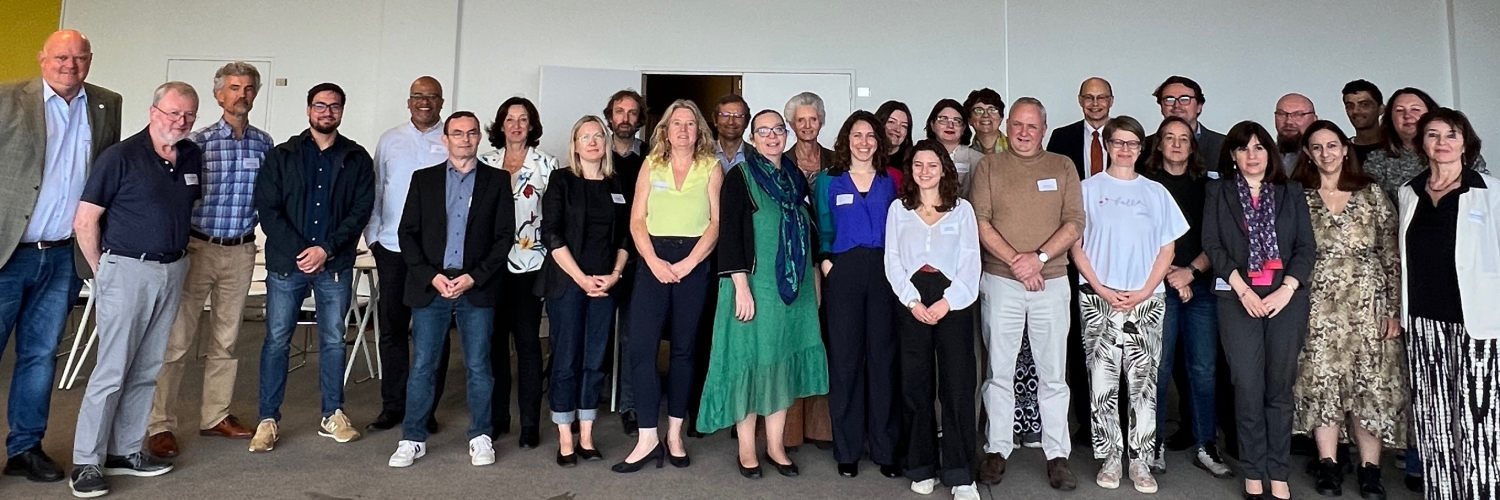 ELNE Kick-Off Meeting Year 2 / June 2024
ELNE Kick-Off Meeting Year 2 / June 2024
ELNE Policy Recommendations 2024
ELNE Policy Recommendations on
Collaborative School and Educational Leadership from the Perspective of Learning Communities and Evidence-Informed Policymaking and Practice
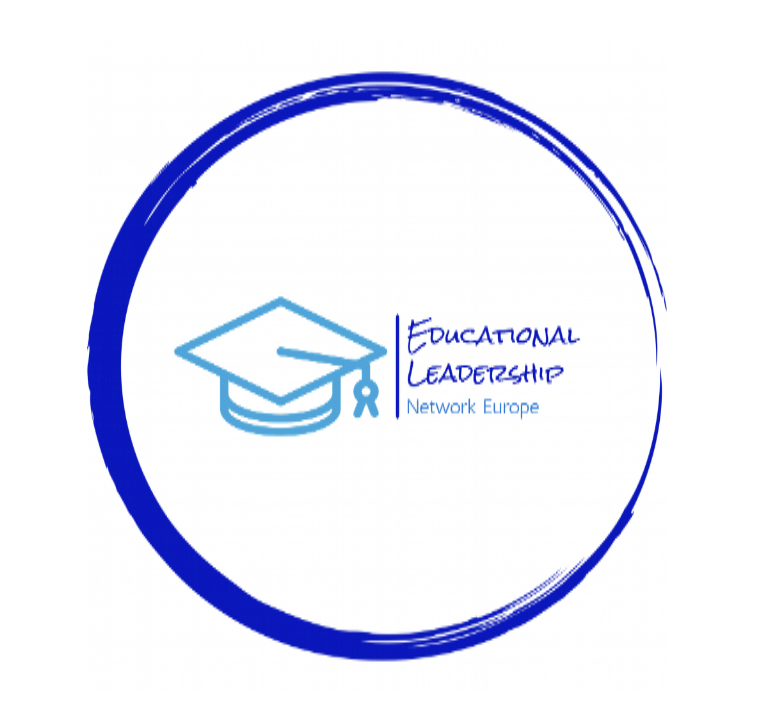
The ELNE Network brings together stakeholders and social partners in education to focus on enhancing collaborative school and educational leadership which is essential in light of the needs of schools and education systems.
The overall objective of the project is to develop and support a broad and sustainable Europe-wide network of relevant and reputable European-level and national organisations and local institutions that represent policymakers, practitioners, researchers, and stakeholders. The aim of the network is to collect and showcase existing research and good practices which are educative and can be inspiring examples for other organisations and institutions to achieve the goals of the European Education Area. The network promotes co-operation, the development and implementation of EU policy at different governance levels, and it supports the Commission's policy work in the context of the European Education Area. Therefore, the project creates and continuously develops a broad, sustainable and inclusive network to facilitate dialogue and co-operation among experts from policy, research and practice. The network intends to identify, share and promote effective policy practice and stimulate innovation and strategic development in policy, implementation and provision at different governance levels.
Following our first-year activities, which focused on collaborative school and education leadership from the perspective of learning communities and evidence-informed policy-making and practice, and within this umbrella, the ELNE network dealt with many topics such as green and digital transitions, inclusiveness, skills and competences, and teacher shortage. The ELNE Network identifies the following recommendations for EU, national, regional, local, and institutional policymakers for all education sectors[1]:
- Enhance democratic structures within schools and education systems by well-defining, establishing and strengthening collaborative leadership culture with the involvement of stakeholders and education social partners by mutual respect, trust building, and fair allocation of time and resources to meaningful regular cooperation. In this regard, students' and parents' representative structures must also be considered as key stakeholders for educational leadership.
- Further develop collaborative school culture by strengthening education on democratic citizenship which is the basis of effective collaborative school and education leadership and by establishing and improving collaborative learning and work attitude, practices and mechanisms among students, teachers, school heads, and parents, in their level and among them in the schools;
- Broaden knowledge of collaborative school and educational leadership among school actors, including students and parents, in order for collaborative school and educational leadership methods and practices to be better integrated into the school’s daily life and work. For this, improve initial and continuous professional development of school staff and school leaders, and support parents’ access to adult learning on school/education leadership.
- Develop education policy supported by existing research and practice on the field and by providing a platform where research on education (including pedagogy and school/educational leadership), practice (learning, teaching and school management), and policymaking have an effective and equal level of long-term and regular cooperation;
- Encourage researchers dealing with education to present their research outcomes to schools, particularly those collaborating in data collection and offering distilled examples of practice, and to allocate time to discuss with them how the research outcomes can potentially benefit the particular schools.
- Increase the capacity of schools by allocation of resources, especially working time of teachers and school leaders to regularly collaborate with researchers and other practitioners, to analyse existing research and conduct research, including policy experimentation, for improving the quality of their work and practices within schools. The latter will enable better integration between theory and practice in educational leadership research.
To succeed in the recommendations, the ELNE Network members are invited to make efforts to meet these recommendations in their capacity and their own environment. We believe that improving the world can and must start with ourselves.
ThE ELNE will continue making further efforts to achieve its goals aligned with the abovementioned recommendations by:
- Continuing to focus on improving collaborative school and educational leadership in European schools and education systems by gathering inspiring and innovative examples and research and by providing a supportive environment for the members and interested parties to collaborate and exchange information.
- Linking the planned actions with the original project objectives and regularly reminding the network’s members to contribute to the ELNE work by offering contributions by meeting these objectives[2];
- Respecting national competence in education and local differences, and diversity of membership of the network and continuing to support the network’s development by practising collaborative project leadership as good examples to meet the project’s objectives of collaborative school and educational leadership;
- Broadening the network by continuing to invite other relevant stakeholders and their organisations / institutions to collaborate within the ELNE Network and to contribute to its work;
- Supporting the work of the Research Committee and inviting more researchers and universities to participate in the work of the ELNE.
- Improving the visibility of the network as a brand among European, national, and local policymakers, researchers, and school actors (students, parents, staff, school leaders, etc)
- Strengthening continuous communication and information exchange with the European Commission’s Working Groups which are responsible for contributing to the implementation of the European Education Area, and with other groups. Invite them to webinars and the conference and disseminate the ELNE Journal among them with the support of the European Commission.
[1] From this perspective the policy recommendation uses “students” as a broad term meaning pupils, students, and learners; it uses “teachers” as a broad term meaning educators, pedagogues, trainers, and professors in different sectors; and it uses “school heads” meaning principals, school leaders, and deputy school heads.
[2] The ELNE Network would like to focus on enhancing collaborative school leadership which is essential in light with new needs schools face. [...] The project will be oriented to collect relevant research to support the achievement of the European Education Area by 2025 objectives:
- Improving quality and equity in education and training by ensuring that all EU citizens have the right to high-quality inclusive education and training, in line with the European Pillar of Social Rights and UN SDGs;
- Supporting teachers, trainers and school leaders, in their respective professions within adjusting to changing needs and future of education, and providing them with high-quality initial education and professional development opportunities
- Promoting the development of high-performing digital education and enhancing digital skills and competences of EU citizens by quality teaching and school leadership with the support of students and parents
- “Green” education: encouraging the education and training sector to take action to contribute to the green transition and to strengthen the sustainability competences of all the learners, parents, teachers, and school leaders.
*This document is available in EN, FR and NL. We are currently working on translating it into other languages.
 3
3
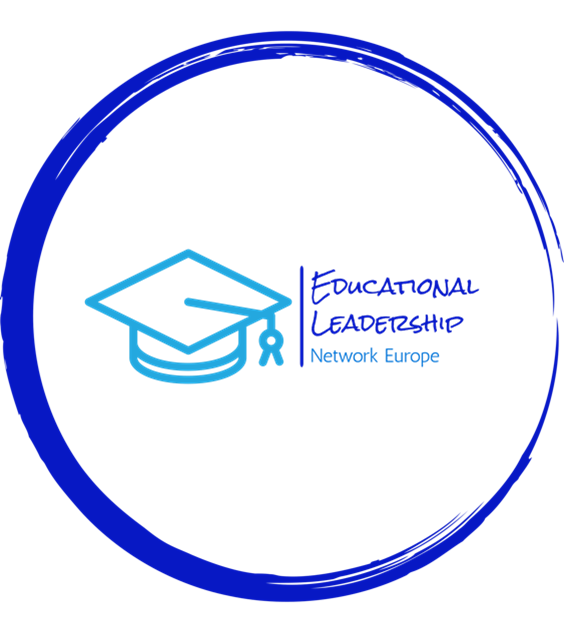

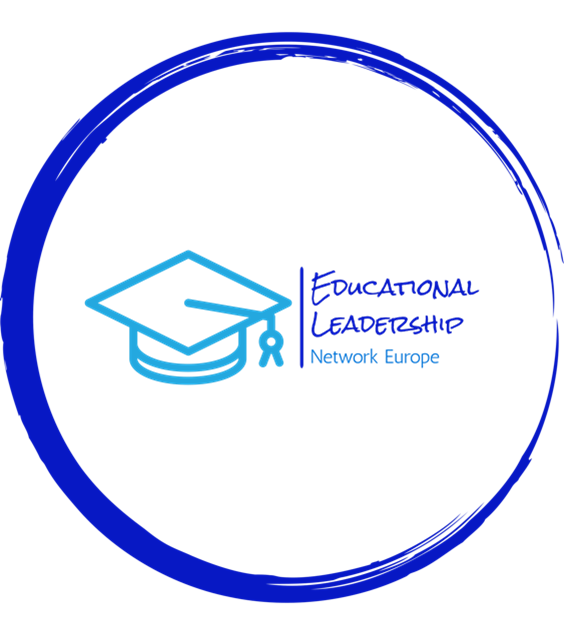





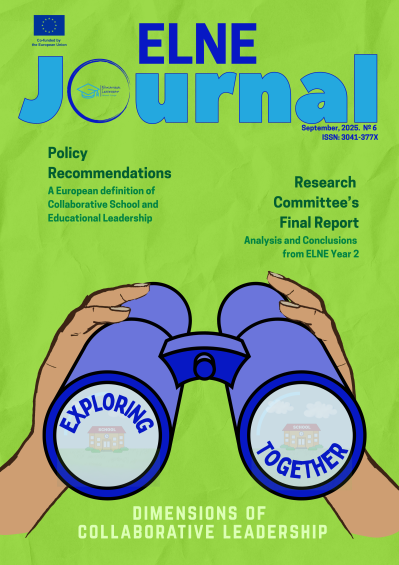

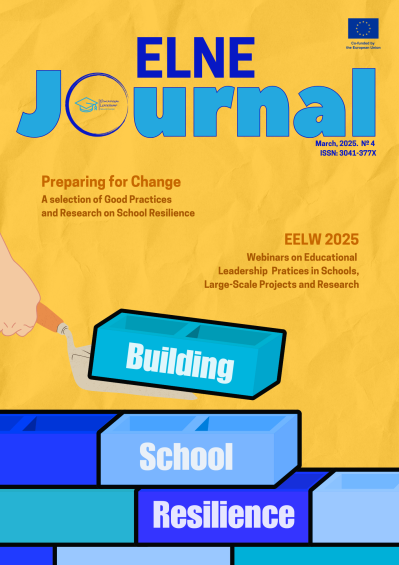



No comment
Log in to post comment. Log in.